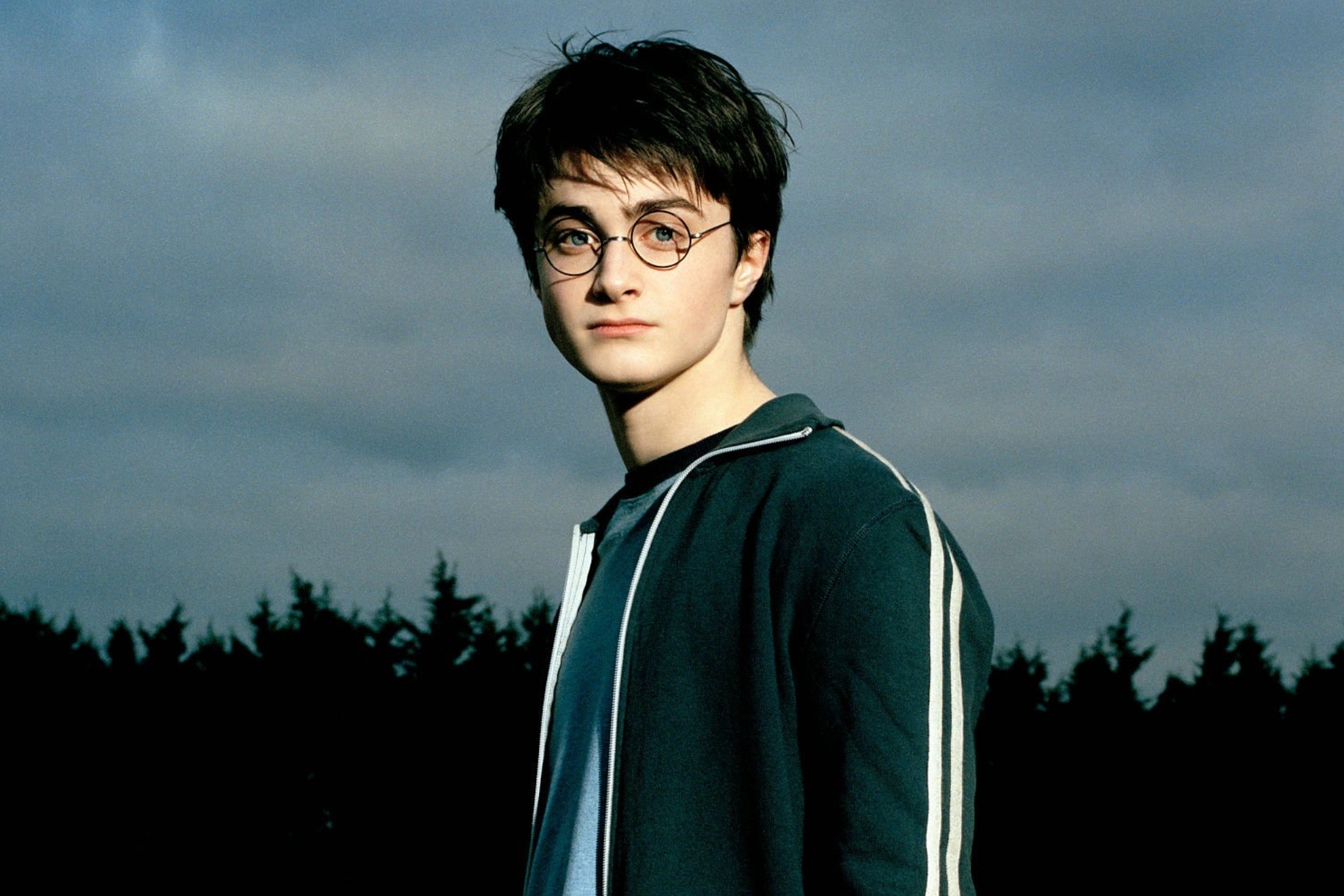When news broke that Harry Connick Jr. had suffered a stroke, fans around the world were taken by surprise. Known for his smooth voice, charming personality, and decades-long presence in music, film, and television, the thought of someone so vibrant facing a serious health setback hit close to home for many. Strokes can happen to anyone, at any age, and Connick’s experience serves as a powerful reminder of the importance of health awareness.
While the exact details of his condition remain private, the public’s reaction has sparked conversations about stroke symptoms, risk factors, and recovery. This article dives deep into what’s known about Harry Connick Jr.’s stroke, the broader implications of such a diagnosis, and how you can protect your own health.
Whether you're a longtime fan or someone looking to understand stroke risks better, this piece covers everything you need to know about the situation and its impact on both Connick’s life and public awareness of this serious health issue.
- How To Craft A Compelling Jillian Babyteeth4 Bio Age Height Single Nationality
- Embrace Resilience Sami Zayns Guide To Moving On
- Margaritaville Beach Resort South Padre Island
- Understanding The Legacy Of Zaho De Sagazans Father Olivier De Sagazan
- Michael Jackson Before And After
Table of Contents
- Harry Connick Jr. Biography
- What Is a Stroke? Understanding the Basics
- What Do We Know About Harry Connick Jr.'s Stroke?
- Stroke Recovery: What to Expect
- How to Prevent Strokes: Key Steps to Take
- Frequently Asked Questions
Harry Connick Jr. Biography
Harry Connick Jr. is a multi-talented entertainer known for his work as a singer, actor, and television personality. He has enjoyed a long and successful career in the spotlight. Here’s a quick look at his personal and professional details:
| Full Name | Harry Frederick Connick Jr. |
|---|---|
| Date of Birth | September 11, 1967 |
| Place of Birth | New Orleans, Louisiana, U.S. |
| Occupation | Singer, Actor, TV Personality |
| Notable Works | When Harry Met Sally, P.S. I Love You, Harry (TV show) |
| Spouse | Jill Goodacre (married in 1994) |
| Children | Three daughters: Sarah, Grace, and Charlotte |
What Is a Stroke? Understanding the Basics
A stroke happens when something stops blood flow to part of the brain. This can be due to a blood clot (ischemic stroke) or a burst blood vessel (hemorrhagic stroke). Either way, brain cells start to die quickly without oxygen, which can lead to serious damage or even death.
Some common symptoms include:
- Threevehicle Crash Fatally Claims Gavins Life
- Unsolved Mystery The Disappearance Of George Skiadopoulos In The Julie Scully Murder Case
- Fuquay Varina High School
- Loves Timeless Melody Unraveling Billy Oceans Enduring Marriage To Judy Bayne
- Manassas National Battlefield Park
- Sudden trouble seeing or speaking
- Weakness on one side of the body
- Severe headache with no clear cause
- Difficulty walking or keeping balance
Recognizing these signs early can make a big difference in recovery. The acronym FAST helps many remember what to look for:
- Face drooping
- Arm weakness
- Speech difficulty
- Time to call emergency services
What Do We Know About Harry Connick Jr.'s Stroke?
While details about Harry Connick Jr.’s stroke have not been fully disclosed, reports suggest he experienced a minor stroke or a transient ischemic attack (TIA), often called a “mini-stroke.” These episodes happen when blood flow to the brain is briefly interrupted, causing symptoms similar to a full stroke but usually lasting only a short time.
Thankfully, Connick was able to get medical care quickly, which is key in minimizing damage. Early treatment often involves medication to dissolve clots and prevent further issues. Recovery depends on several factors, including the severity and how fast care was received.
What’s notable about Connick’s case is that he is not elderly, reminding us that strokes can affect younger people, too. Risk factors like high blood pressure, high cholesterol, smoking, and even stress can contribute, even in those who seem otherwise healthy.
Learn more about stroke symptoms and causes.
Stroke Recovery: What to Expect
Recovery from a stroke can vary widely from person to person. Some people bounce back quickly, while others face long-term challenges. Here’s a look at what stroke survivors may experience:
- Physical therapy to regain strength and mobility
- Speech therapy if communication or swallowing is affected
- Emotional support to manage depression, anxiety, or frustration
- Lifestyle changes such as diet, exercise, and quitting smoking
Harry Connick Jr. has always been known for his strong work ethic and positive attitude, and these traits likely played a role in his recovery. It’s also important to have a strong support system, something he clearly has with his family and close friends.
Learn more about stroke recovery tips on our site.
How to Prevent Strokes: Key Steps to Take
While some risk factors like age and genetics can’t be changed, there’s a lot you can do to reduce your chances of having a stroke. Here are a few important steps:
- Monitor blood pressure regularly — high blood pressure is a leading cause of stroke
- Eat a balanced diet low in sodium, saturated fats, and sugar
- Exercise regularly — even a daily walk can make a difference
- Limit alcohol intake and avoid smoking
- Stay on top of medical checkups and manage chronic conditions like diabetes or high cholesterol
Harry Connick Jr.’s experience is a reminder that no one is immune to health issues. Taking small, consistent steps toward a healthier lifestyle can go a long way in reducing stroke risk for everyone.
Frequently Asked Questions
Did Harry Connick Jr. have a stroke?
Yes, Harry Connick Jr. reportedly experienced a minor stroke or a transient ischemic attack (TIA), though he has since recovered. Details about the incident remain limited, but early medical attention helped him manage the situation effectively.
What are the warning signs of a stroke?
Common signs include sudden numbness or weakness in the face, arm, or leg; confusion or trouble speaking; vision problems; trouble walking; and a severe headache with no known cause. Remembering the acronym FAST can help you act quickly if symptoms occur.
Can younger people have strokes?
Absolutely. While strokes are more common in older adults, younger people can be affected too. Factors like high blood pressure, diabetes, smoking, and a sedentary lifestyle can increase risk, even in those who appear healthy.
Related Resources:



Detail Author:
- Name : Ivah Borer PhD
- Username : idibbert
- Email : freddie14@goyette.info
- Birthdate : 2005-09-26
- Address : 7613 Raegan Gateway Apt. 955 Shanahanstad, VA 60109
- Phone : +1-669-586-1835
- Company : Schaden, Gutmann and Jacobs
- Job : Bartender
- Bio : Tenetur natus quia delectus ut quidem. Nostrum sed ut qui explicabo qui nemo. Neque voluptates est quo ea iste placeat autem.
Socials
instagram:
- url : https://instagram.com/colliers
- username : colliers
- bio : Asperiores ullam dolorem occaecati omnis. Eum dolorem sunt qui. Autem labore numquam vero.
- followers : 376
- following : 2480
linkedin:
- url : https://linkedin.com/in/colliers
- username : colliers
- bio : Sunt similique excepturi corrupti molestias.
- followers : 1748
- following : 2222
tiktok:
- url : https://tiktok.com/@collier2019
- username : collier2019
- bio : Voluptatem porro dolorem quia.
- followers : 5747
- following : 2728
facebook:
- url : https://facebook.com/scollier
- username : scollier
- bio : Et deleniti reprehenderit recusandae. Autem aspernatur est tempora.
- followers : 106
- following : 2454